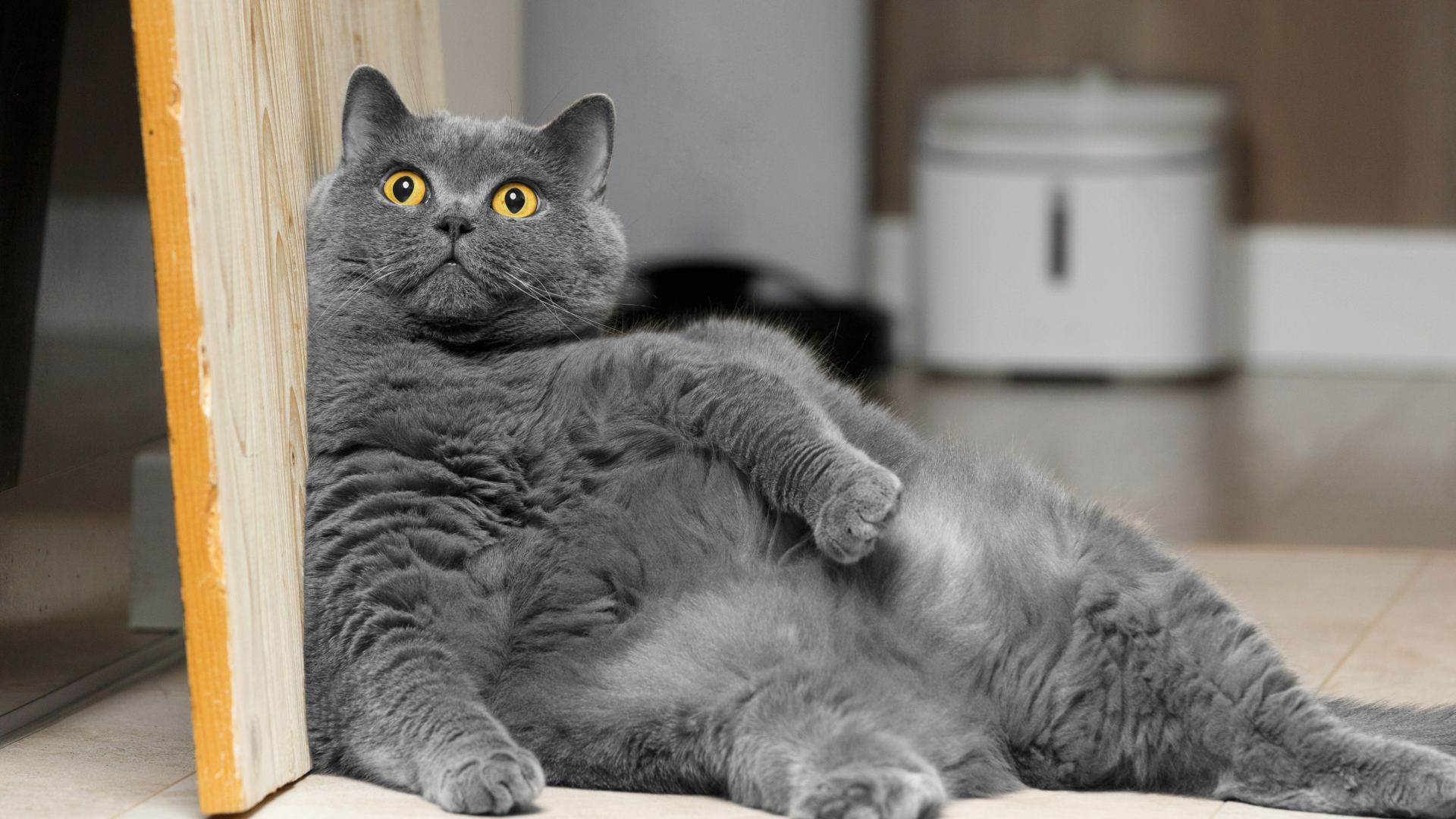Eight of the healthiest dog breeds to consider when choosing a canine companion
Choose one of the healthiest dog breeds to share your life with and you could reduce your vet bills while increasing your peace of mind
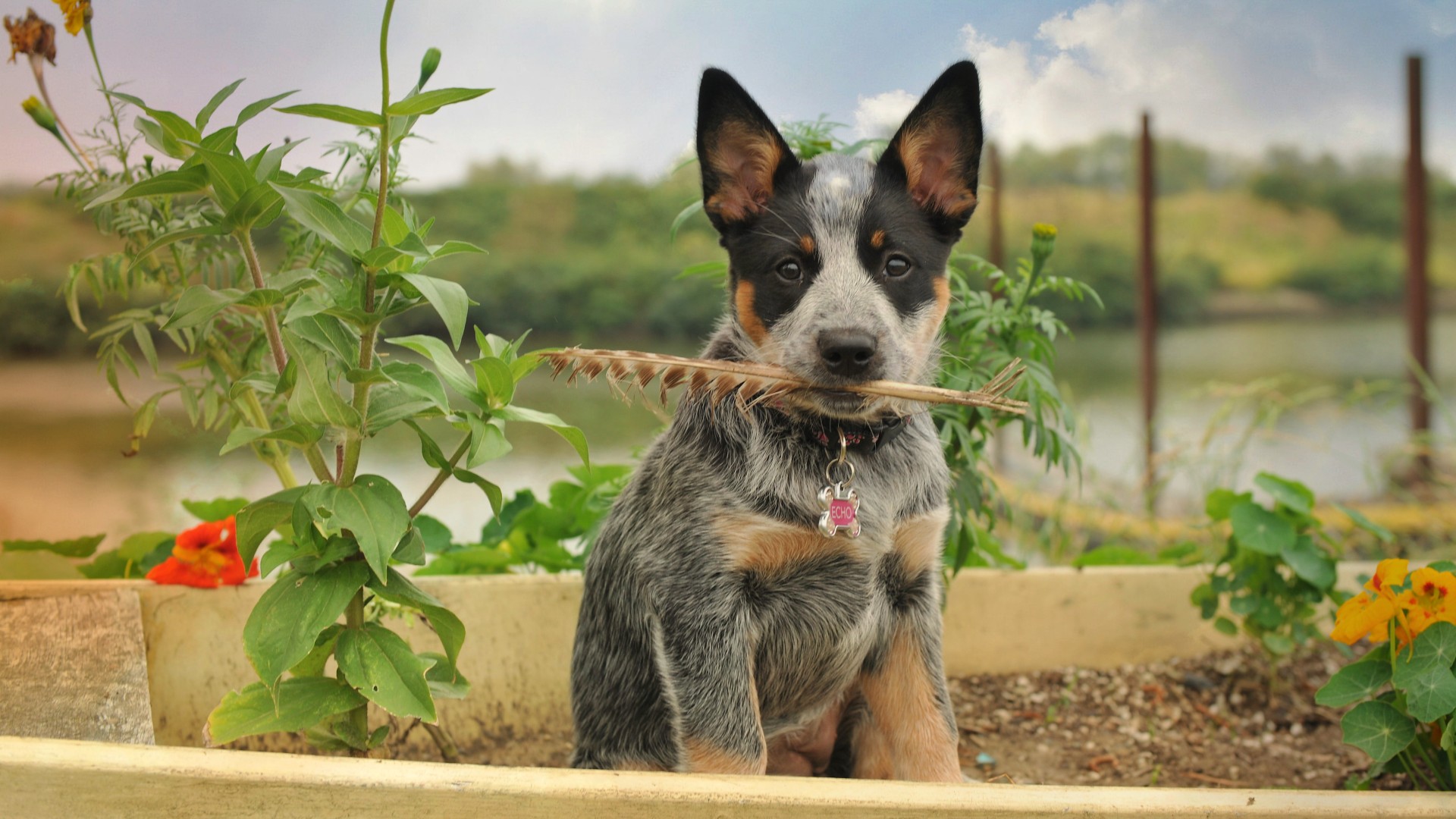
Selecting from amongst the healthiest dog breeds when adopting a new canine companion is well worth considering if you’re looking for a fur friend who is likely to have a longer lifespan and be at less risk of illness than some of their fellow four-pawed brothers and sisters.
Just like it’s hard to tell which of the best puppy toys will end up being your dog's favorite, it’s also impossible to predict which breed of dog will live the longest. That being said, there are breeds that have lower instances of genetic diseases and skin and coat issues and therefore tend to have longer lifespans than others.
It’s worth noting that every dog is unique and while certain breeds may be more naturally predisposed to living long lives than others, there’s no guarantee that just because a dog is known to be of a breed that tends to experience high levels of physical wellbeing, that they won’t develop health issues.
Still, if you’re wanting to give yourself the best chance of having a pooch that will be by your side for years to come, we’ve rounded up the healthiest dog breeds who, with the right diet and plenty of exercise, plus regular vet visits and lots of love, are statistically more likely to live a long life. Let’s take a look….
Healthiest dog breeds
1. Australian Shepherd Dog
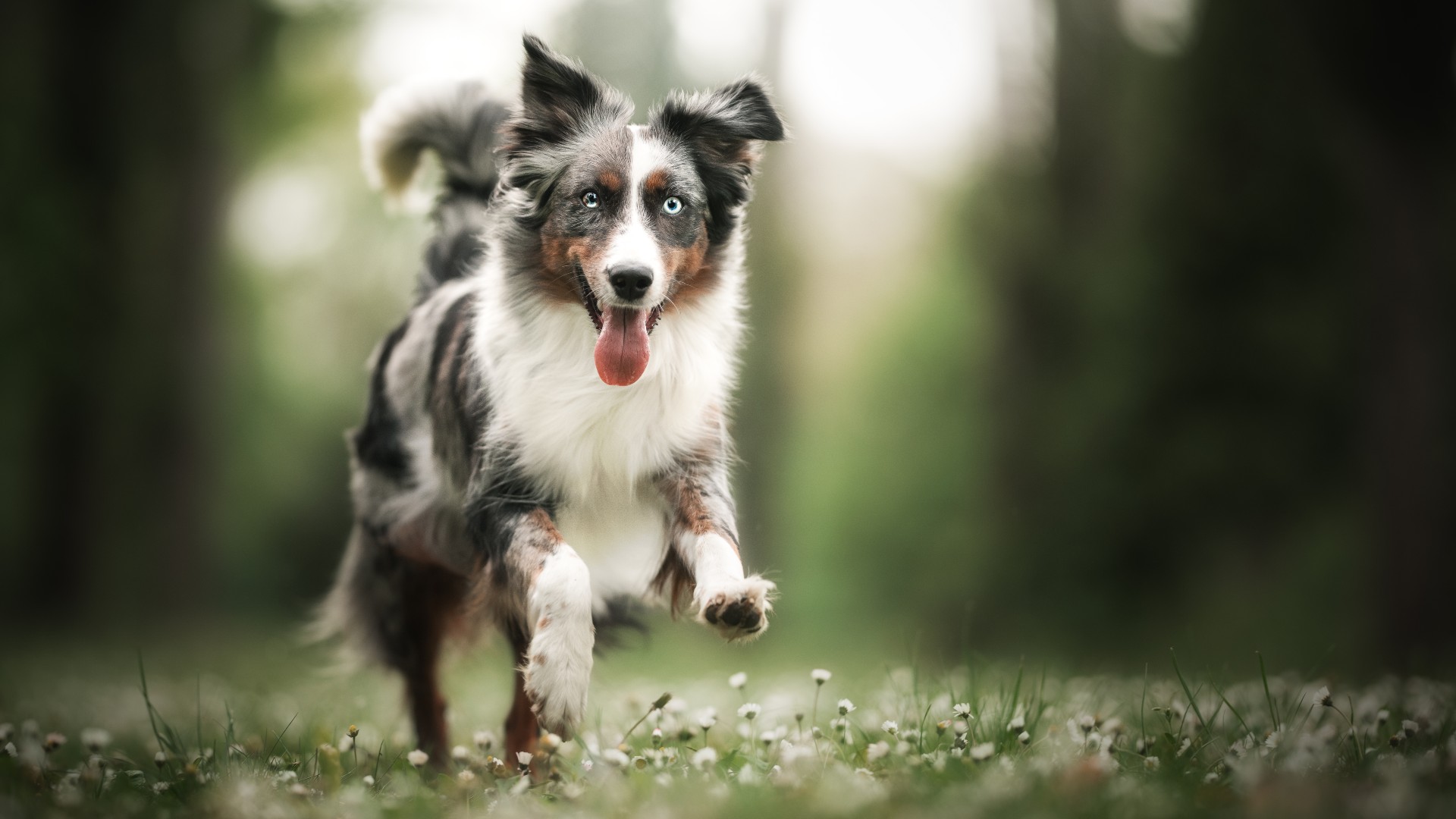
The Australian Shepherd is a very energetic dog and can live up to 15 years. If you’re looking to spend an outdoor life watching your pooch bounding around in fields, then this is the breed for you. This medium-sized breed is highly trainable, playful and friendly, and always up for a run or a swim, making them the perfect choice if you're super active.
It's worth bearing in mind that the Australian Shepherd Dog can be prone to eye conditions like Collie Eye Anomaly and cataracts, so ensure the breeder has screened for this.
2. Beagle
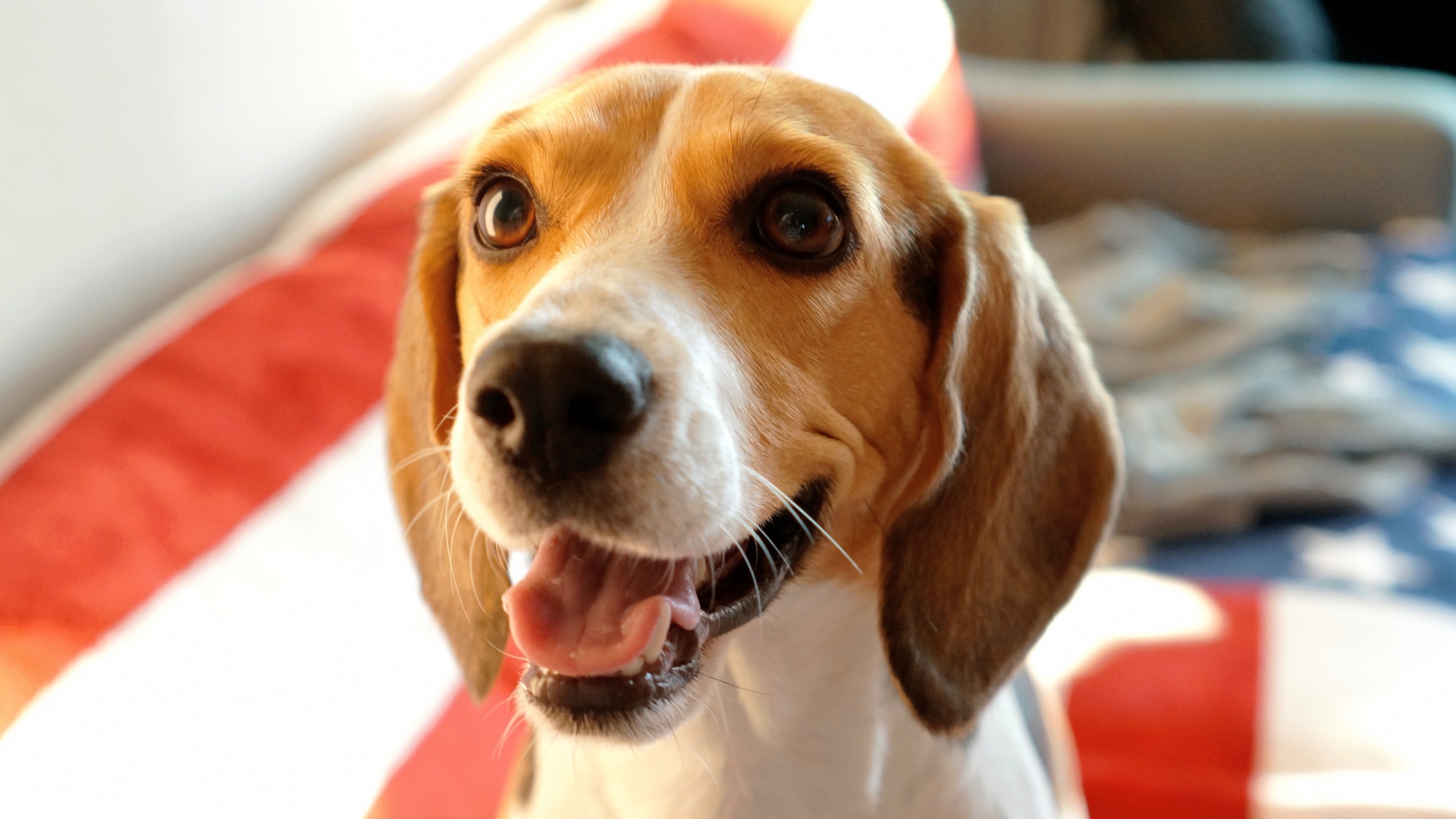
Beagles may be little but they ome with a bundle of inquisitive energy which helps keep both them and their owners healthy! That being said, they are gentle dogs, great with kids and are relatively easy to care for. Being a smaller breed they prefer long, slow walks on beaches or in woods, and if cared for properly can reach a grand old age of 15 years.
Be aware that Beagles can be noisy dogs with a tendency to howl and bark, but with proper training this can be minimized. They are also very sociable so prefer busy homes with lots of companions to play with. When it comes to their health, some Beagles are born Musladin-Leuke Syndrome (MLS), a very rare condition but well worth screening for.
3. Poodle
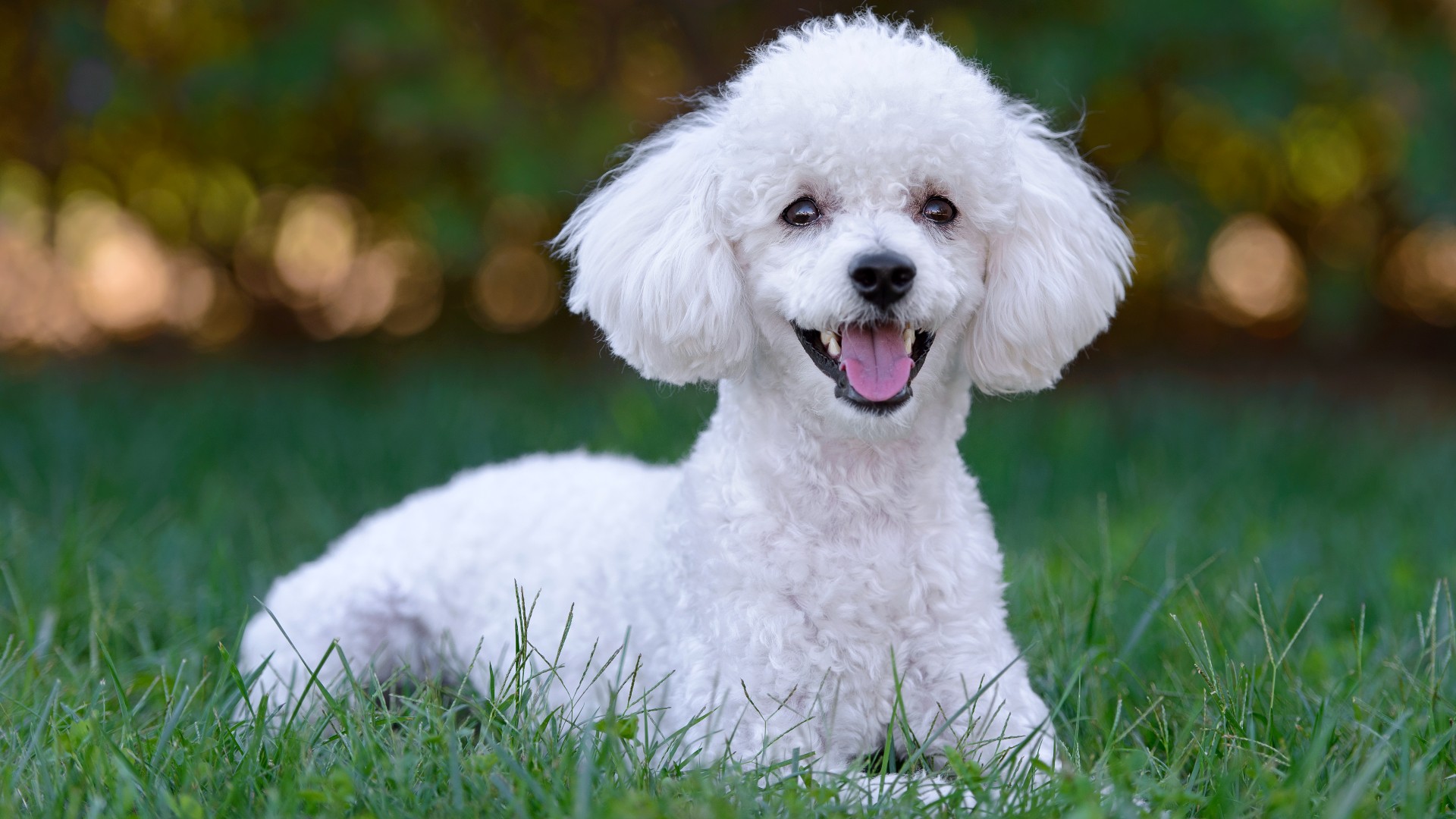
Despite their coiffured calling-card looks, Poodles were originally trained to be hunting dogs. Extremely intelligent and athletic, they can live to be up to 18 years old. Poodles are also very trainable and with a great love of playing games, so provided you are in a position to ensure they get the regular exercise they need, a poodle will be a great addition to any home (including those with families). They are also ideal for owners with allergies as they hardly shed hair at all.
Note they can be prone to joint or eye issues in later life, but compared to most larger dog breeds they face far fewer health issues.
4. Greyhound
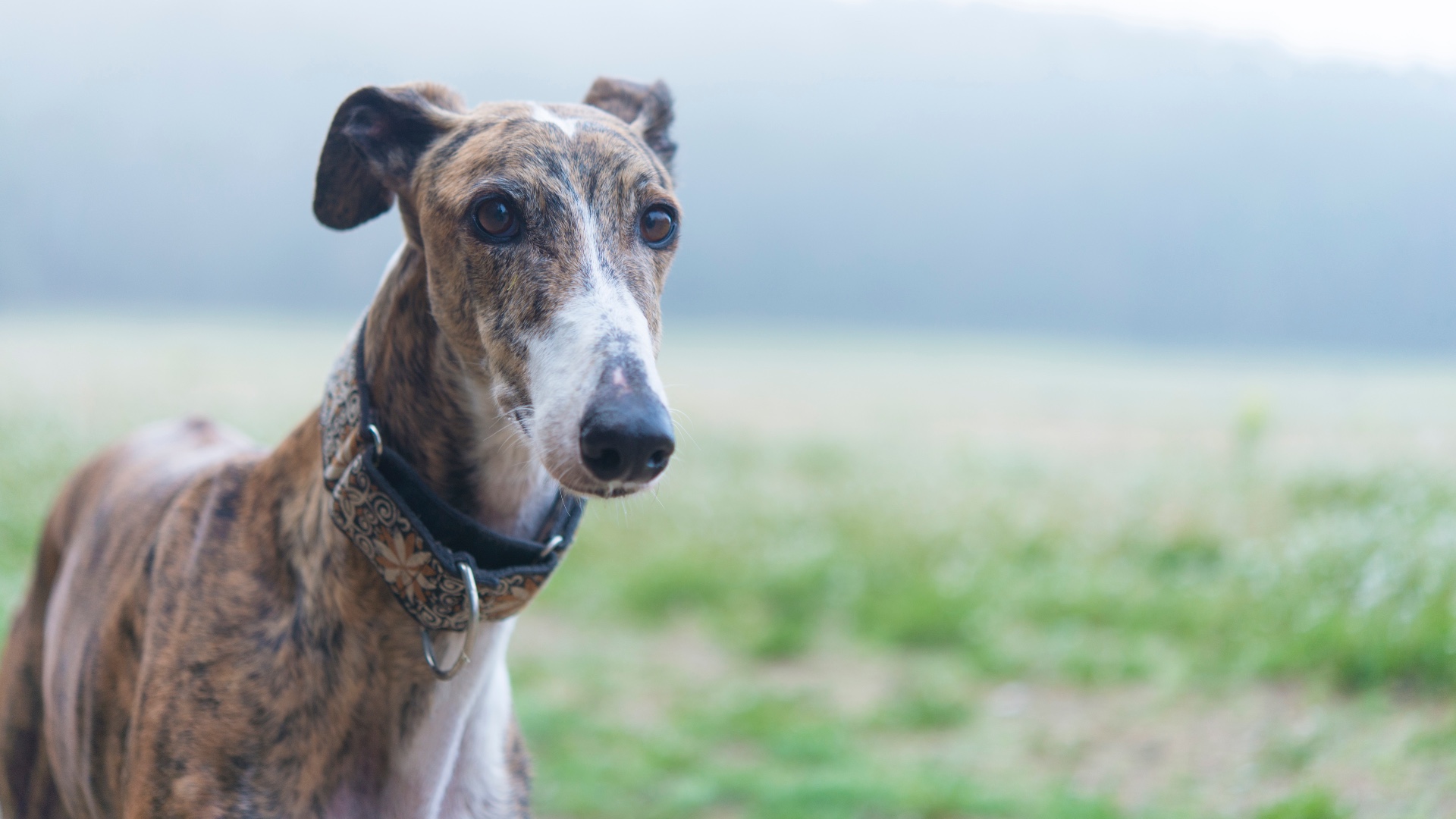
Greyhounds are renowned for their speed – they can run at up to 45 miles an hour - and their boundless energy helps keep them fit and well throughout their lives. Living for 10 to 13 years they are some of the healthiest dogs in their world. Intelligent and loyal, they are suitable for active families as they get on well with children and other pets.
Although they are generally free from disease, Greyhounds are susceptible to gastric torsion and bloat due to their habit of wolfing down their food. However, as long as you monitor their eating patterns, you are likely to have few problems.
5. Border Collie
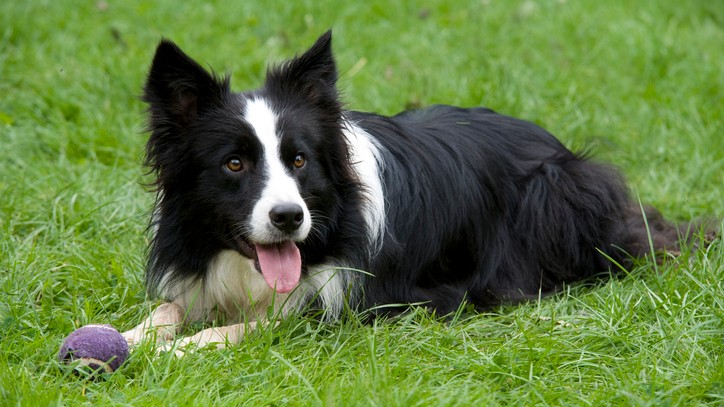
Border Collies are medium-sized dogs that thrive in most climates and are known for having few health conditions. Living for up to 15 years, they are highly trainable, patient and loyal, and their high levels of empathy mean they go out of their way to care for other family members. They were bred as working dogs, so you will need to keep them regularly and thoroughly exercised to prevent them getting bored and destructive.
Despite the name, only about 2.5% of Border Collies suffer from Collie Eye Anomaly, but it is worth checking that your breeder has screened for it.
6. Basenji
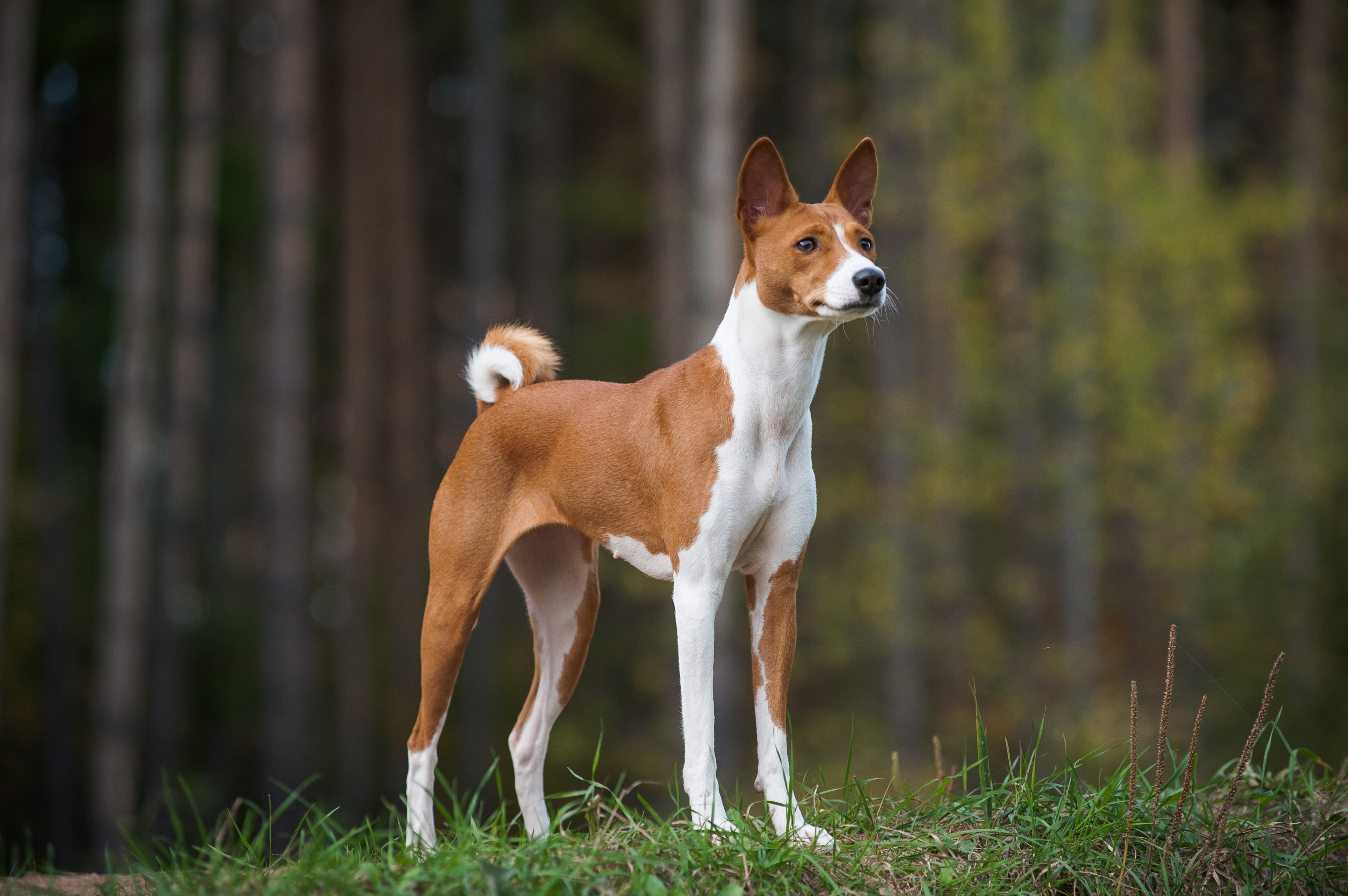
This athletic hunting hound has a temperament more akin to a cat than a dog, and even grooms itself like one. Sporting short hair, they rarely shed making them great for those with allergies or anyone who doesn't want to be constantly grooming their pooch. Another great thing about Basenjis is that they don't bark. They are known for being a mostly silent breed and when they do vocalize they prefer to do something more akin to yodelling! This makes them great for apartment living.
They can live for up to 12 years, although they are prone to some genetic disorders. Make sure your breeder has screened for progressive retinal atrophy and Fanconi Syndrome (although if this is caught early it can be treated so it usually causes few problems).
7. Labrador Retriever
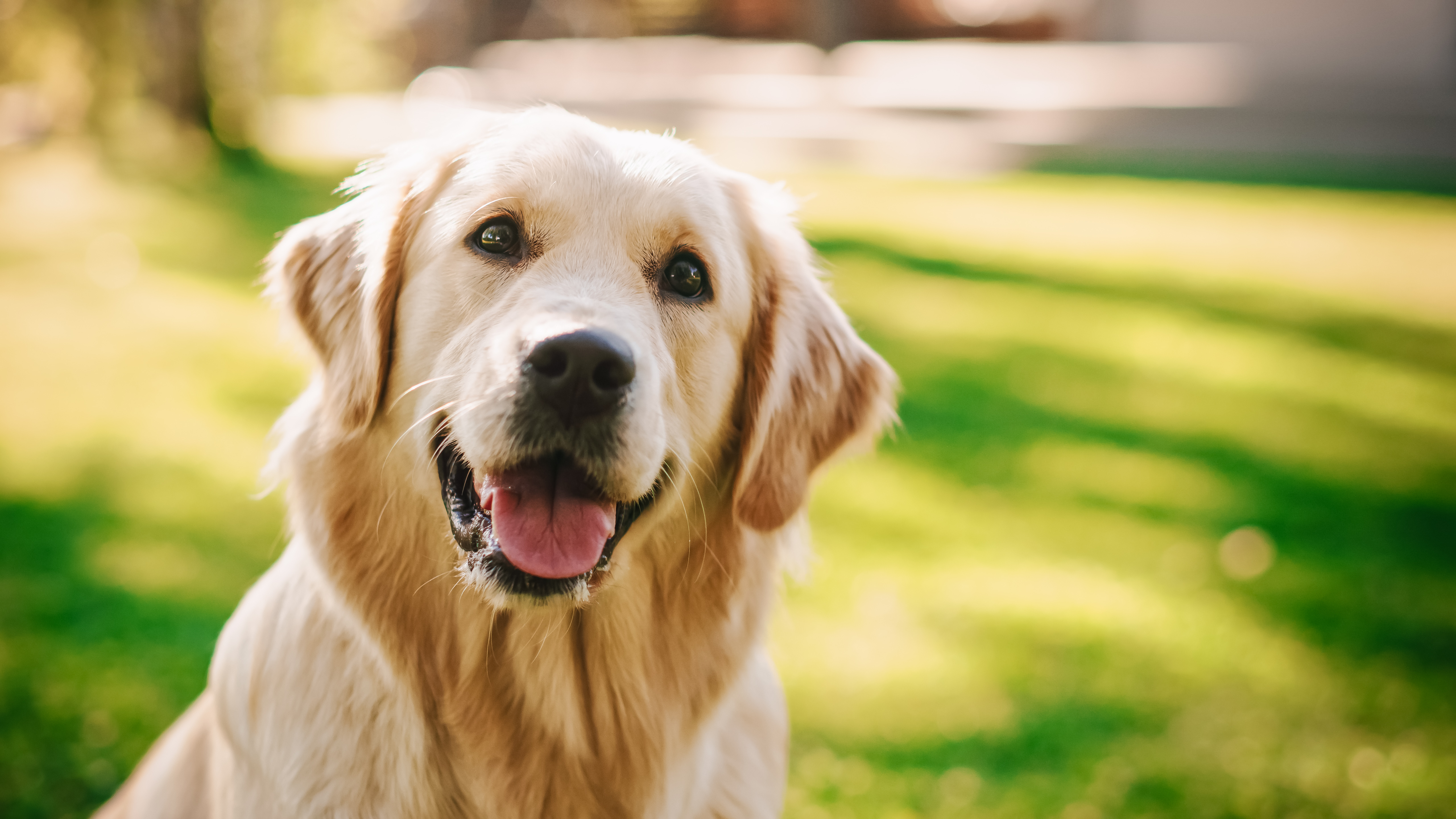
Known as being one of the friendliest dogs in the world, Labrador Retrievers are also one of the healthiest breeds. Remaining active even into old age, Labradors love active play and usually have no issues in integrating with children and other pets. They live up to about 13 years, are very easy to train and love to please their adopted family.
As a larger dog they can suffer from joint issues and can develop cataracts in later life. However, the biggest issue Labrador Retrievers suffer from is obesity, due to over-eating. As long as you are willing to keep them well exercised and on a sensible diet, this is one high-energy hound which should offer you few problems.
8. Australian Cattle Dog
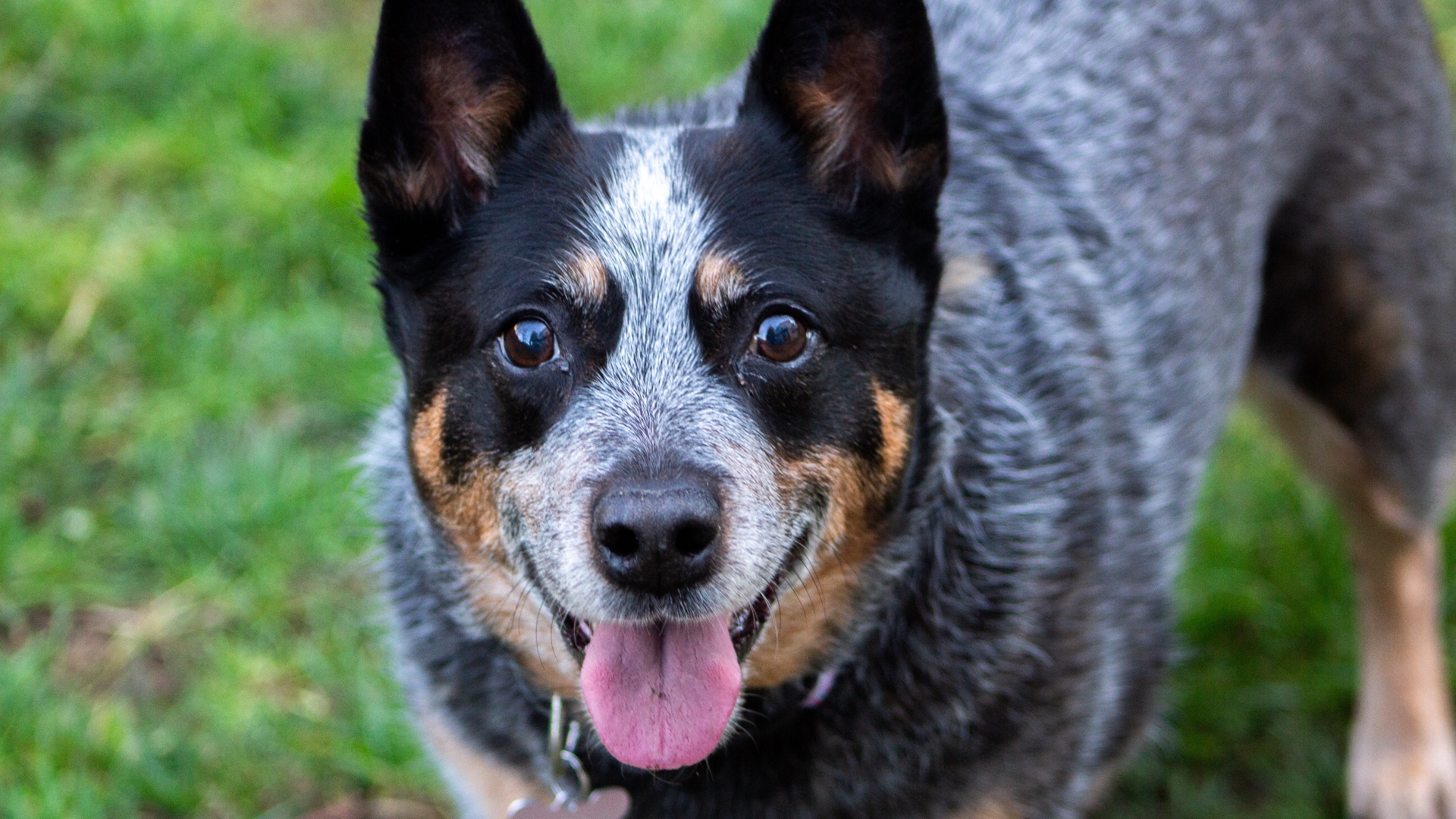
The longest lived of any breed of dog (they hold the Guinness Book of Records title for oldest dog at 29 years!), Australian Cattle Dogs were bred to tend to cattle, and come with the endless energy needed to complete that task. They are friendly and playful but can get easily bored which can lead to destructive behavior in your home – this dog needs lots of exercise and fun things to do if you don't want your couch to be destroyed.
Australian Cattle Dogs need to be socialized at an early age if you want them to be friends with other dogs and people. They are perfect for those with access to big open spaces like farms, and make a great hiking or running companion for those with particularly active lifestyles.
Still undecided about which canine companion is right for you? Check out our guide to the most affectionate dog breeds where we reveal the pups who love to snuggle.
PetsRadar Newsletter
Get the best advice, tips and top tech for your beloved Pets
Jamie Middleton is a freelance editor and writer who has been editing and creating content for magazines and websites for over 20 years. As well as writing about the pets he loves, he has helped create websites about tech and innovation like TechRadar.com, Innovate UK and TechSPARK, written programmes for music festivals, books on inventions and architecture, TV listings magazines, and edited publications about cars such as Lexus, Toyota and Jaguar. In his spare time he writes fiction books and poetry - or at least he does when he is permitted to by his cat Pirate, who enjoys the warmth of laptops too much to allow being creative to get in the way.

